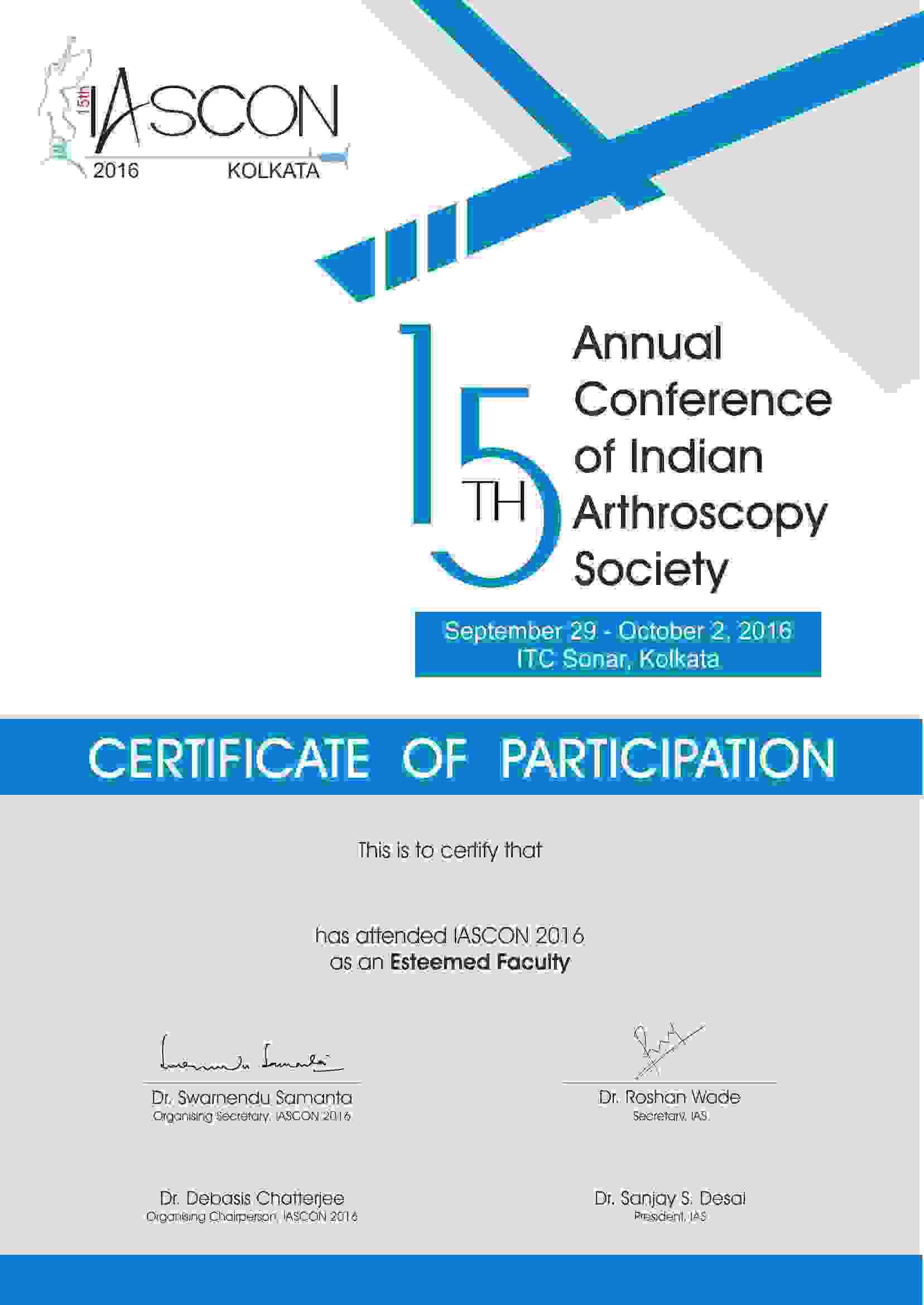Date : 22-06-2021
The recent announcement by the Government of India scrapping the 12'th class board examinations this year, has brought relief & uncertainty in equal measure. While parents, teachers & students are relieved that the safety of the students & teachers is taken care of, they are uncertain about what the academic future holds. It is yet unclear how the students will be assessed, assessment on the basis of their past performance over the entire academic year is one possibility that seems the most likely.
This immediately puts the students who didn't do that well in their earlier internal assessments at a clear disadvantage, as they were hoping to put their foot on the accelerator at the last minute to get good marks. The pandemic has therefore thrown a spanner in their well oiled machine of planned academic growth, which typically consists of slowly escalating one's studies & peaking at the right time, just before the exams for most students.
This issue has brought to the fore the importance of understanding subjects & core learning, learning for knowledge & not for a goal like clearing an exam. Exams are important in their own way & this is self evident, but the pandemic should force both teachers & students to think more of studying for increasing knowledge, than merely passing exams. After all, as Mortimer Adler said “A widely read person & a well read person are not the same’. A well read person who reads consistently is highly likely to ace any examination anytime during his/ her academic career.
This is achieved by applying the principle of compounding to learning. Albert Einstein called compound interest, the eighth wonder of the world. The billionaire investment mogul Warren Buffet attributes his wealth to compound interest & his partner Charlie Munger famously exhorts us to get 1% better every day. There is even a Japanese term for it called the Kaizen.
Students obviously need to read much more than 1% per day to clear their exams in a way that serves their career well. The key question to ask therefore is 'Are you really learning or just cramming facts?' If learning is your goal, then cramming facts is irrational. Learning how to learn is one of the most popular free e-courses available on coursera & I would encourage all students & teachers to do this 4 week course to improve their academics.
The keys to good learning fortunately haven't changed much, though the way we learn nowadays has changed & become digital. These keys are: paying attention, note taking, active recall, making connections (also called metacognition), spaced recall & deliberate practice. Each of these 6 steps is crucial to the way we learn & can determine how much return we get for the time we invest in learning. Won't all of us like to spend the least amount of time & get the maximum learning out of our sessions? Let's see how.
Attention: Most of us are familiar with the term multitasking. It is touted as the panacea for productivity. During multitasking, we only manage to shift our attention between many things rather than actually shifting between tasks. It is the biggest impediment to learning. Do you have your cellphone on your study desk? Are you checking youtube/ social media in between or worse during classes? If so then you will not be able to learn much at all. Learn to make your mobile your slave instead of your master. Use it to gain information, avoid social media & turn off all but the most essential notifications
Note taking: Notes are meant to reflect your thinking on a topic. They should not be a copy paste effort of what the book or your teacher is telling you. Remember, learning is not about accumulating information, but becoming a different person with a different way of thinking. The German sociologist Niklas Luhmann invented a new way of taking notes called the 'Zettelkasten' that enabled him to publish more than 40 books & 400 papers in his academic career. It refers to a way of networked writing & interested students may seek more information online to jumpstart their learning.
Active recall: Passive re-reading of the text tricks our brain into a false illusion of competence, regardless of our actual performance, something known as the exposure effect. Closing the textbook & reflecting on what you have read by active recall & writing it down on a sheet of paper helps train memory in much the same way as weightlifting helps train our muscles.
Making connections: Trying to correlate knowledge gained in one subject with something similar in another subject is the best way to cement knowledge in our memory. This goes by the fancy name metacognition, also known as thinking about your thoughts.
Spaced repetition: is a concept introduced by German psychologist Hermann Ebbinghaus who is the mastermind behind the famous forgetfulness curve. Simply put, unless you repeat what you learn intermittently over days & weeks, all the knowledge gained will simply evaporate. Deliberate practice: is doing something beyond your comfort zone. Once you've identified your weak topics, instead of avoiding them, go ahead & practice them to perfection. It must be obvious that the above 6 steps aren't easy, at least in the beginning but perseverance will bear fruit. Yes, there is an app for that, you may look up online & find digital ways to do these methods to make learning easy & fun.
Brain research has shed light on how we can improve critical areas of our brain responsible for learning & memory. We have nearly 80 billion neurons in our brain (it is the organ with the highest fat percentage in our body) that form billions & billions of interconnected networks which lead to memory. Yet most of us aren't using this powerful organ to its full potential. We were initially led to believe that the brain stops growing after a certain age (2-4 years), but recent research shows otherwise, our brains are plastic & capable of expanding to suit our needs. Two effective strategies can help make us produce new neurons in the brain, that too in areas critical to memory (hippocampus) at any age.
One of the two, exercise, is relatively easy to do. Yes the lockdown is forcing you indoors but you must find ways to exercise daily with the available means & space. It refreshes your mind & strengthens your brain. The World Health Organisation recommends school going children to do at least 60 min moderate to vigorous intensity aerobic activity per day, 7 days a week. At least 3 days per week should be dedicated to strength training activities. These days there are a lot of online avenues to exercise. Why not exercise virtually with your friends & classmates? The other way is equally simple & difficult, silence. Now you may wonder, sleep mostly happens in silence, but that doesn't count. Spending some time in silence, maybe mindfully focusing on the breath (fancy name meditation/ mindfulness) is a useful stress buster especially in these difficult times & helps boost your memory. Yes, you guessed it right, there is an app for that too, provided you look for it diligently & do it sincerely.
In conclusion, I would like to summarise the gist of the above write up with the message to learn the art of being consistent both with your studies & exercise. As long as you are a student, make learning your daily priority in order to benefit from its self-compounding effects. It is very easy to fool oneself into a false feeling of knowledge, as the Nobel prize winning physicist Richard Feynman quotes 'The principle is that you must not fool yourself, and you are the easiest person to fool'.
Dr Raju Easwaran, MBBS, MS Ortho, DLDAV 94 batch @DrRajuEaswaran
For Details,
Visit us:drraju.in
Mail us:drrajueswaran@gmail.com










